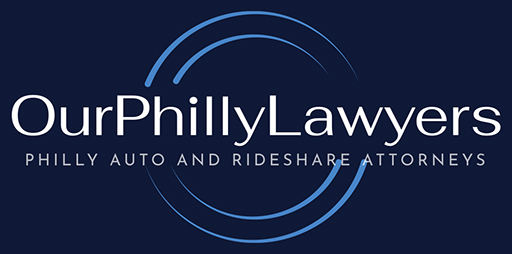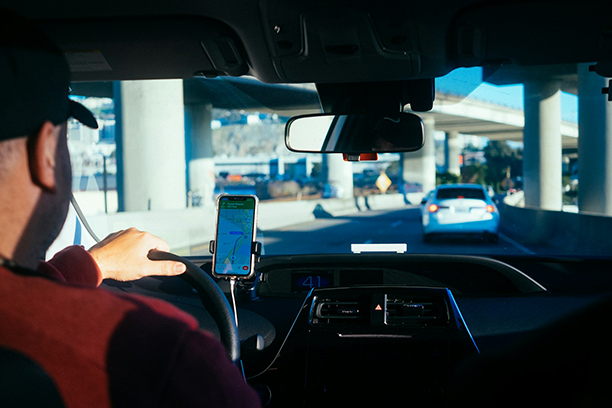Rideshare companies like Uber, Lyft, and others have revolutionized transportation, offering convenient services to millions of users worldwide. However, the rise in rideshare use has also led to an increase in accidents involving these services, raising questions about liability and legal recourse for victims. Here’s an overview of rideshare accident lawsuits and their implications.
Key Issues in Rideshare Accidents
- Determining Liability
- Unlike traditional car accidents, rideshare accidents involve multiple parties:
- The rideshare driver.
- The rideshare company.
- Other involved motorists, pedestrians, or cyclists.
- Establishing fault can be complex, as it depends on the circumstances of the accident and the driver’s status at the time.
- Unlike traditional car accidents, rideshare accidents involve multiple parties:
- Driver’s Status
- Rideshare companies often classify their drivers as independent contractors, not employees. This classification can impact liability.
- The rideshare driver’s status during the accident is crucial:
- Not logged into the app: The driver’s personal insurance typically applies.
- Logged in but not accepting rides: Limited liability coverage from the rideshare company might apply.
- On an active ride or en route to a passenger: Rideshare companies usually provide higher insurance coverage, often up to $1 million.
- Insurance Coverage
- Rideshare companies provide tiered insurance policies that vary based on the driver’s activity at the time of the accident.
- Victims may need to file claims against multiple policies, including the driver’s personal insurance and the rideshare company’s coverage.
Steps for Filing a Rideshare Accident Lawsuit
- Seek Medical Attention
- Prioritize health and obtain documentation of injuries for the lawsuit.
- Document the Accident
- Collect evidence, including photos, witness statements, and the police report.
- Identify Responsible Parties
- This includes the rideshare driver, the rideshare company, or other involved drivers.
- File an Insurance Claim
- Work with a legal professional to navigate claims against the applicable insurance policies.
- Initiate Legal Action
- If insurance negotiations fail, filing a lawsuit may be necessary to recover damages.
Potential Damages in a Lawsuit
Victims of rideshare accidents may be entitled to compensation for:
- Medical expenses.
- Lost wages and reduced earning capacity.
- Pain and suffering.
- Property damage.
- Wrongful death (in fatal accidents).
Challenges in Rideshare Accident Lawsuits
- Corporate Legal Teams
- Rideshare companies employ experienced legal teams to minimize their liability.
- Complex Insurance Policies
- Navigating the layers of coverage requires expertise in insurance law.
- Independent Contractor Status
- The classification of drivers as independent contractors can limit the company’s liability, requiring strategic legal arguments.
Why Legal Representation Matters
An experienced attorney familiar with rideshare laws can:
- Investigate the accident.
- Handle insurance negotiations.
- Ensure compliance with legal deadlines.
- Advocate for fair compensation.
Conclusion
Rideshare accidents introduce unique legal complexities. Victims should act quickly to protect their rights, seek medical care, and consult with a legal professional to navigate the claims process effectively. As rideshare services continue to expand, understanding the legal landscape surrounding accidents is crucial for passengers, drivers, and others on the road.

